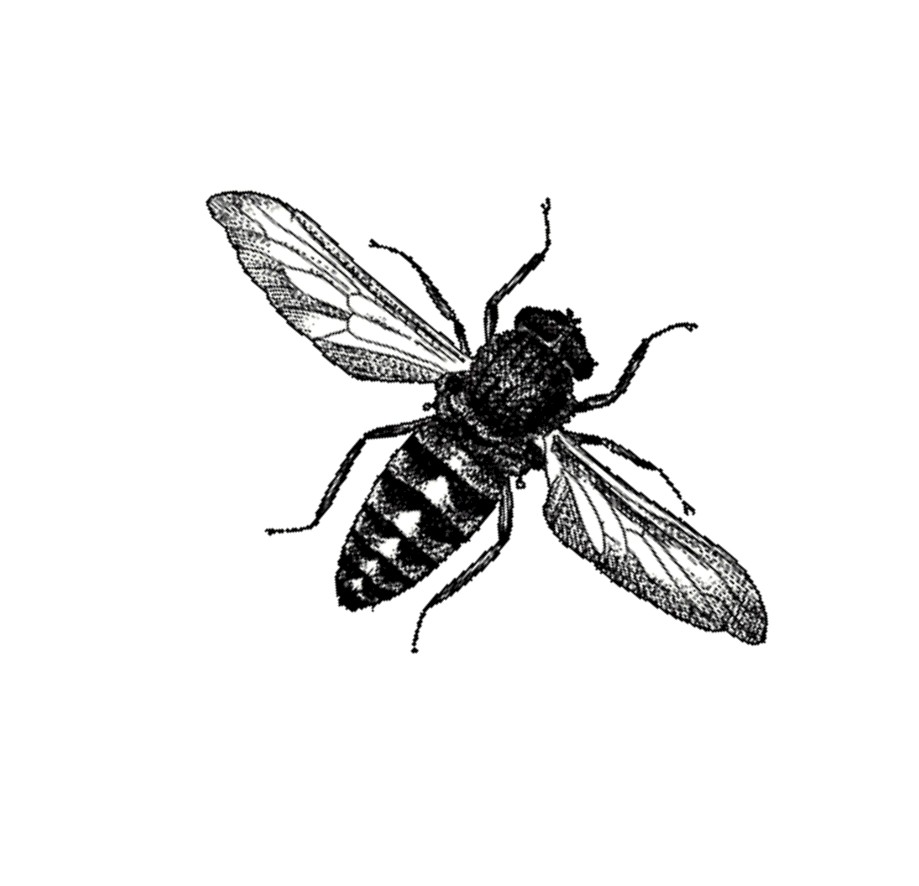the buzz from The Cleaning Bee 3
WE
CHOOSE GREEN

| Where do all
the products we buy
come from? Where do they end up? It is amazing and frightening that only 1% of the products we buy will still be in use 6 months later. This is the most important link on this page. Please view. |
|
| What is in the household
products you use? The actual ingredients in cleaning supplies are very rarely listed on consumer packaging. Unless you consider 'soap dissolver' an ingredient. These recipes are considered 'trade secrets'. There are 80,000 chemicals being used in the United States and less than 7% have had full toxicological screenings according to the Breast Cancer Fund. The following website gives us a small glimpse into what is in our everyday household products, but it does not provide anywhere near the transparency consumers truly need. |
|
| What is a VOC? If you are interested in improving your indoor air quality it is important to understand what are volatile organic compounds and from where they are expelled. Unlike with foods, when it comes to gasses in the environment, organic is rarely good. |
|
| How much do
you weigh?
The average American household produces about 150 pounds of carbon dioxide (CO2) a day by doing things like driving cars and keeping a moderate temperature in our homes. That is more than twice as much as Europeans and almost five times as much as the global average! Check your carbon footprint. How do you compare? Why not go on a diet with your friends, families and neighbors?
|
|
| What is in
the lotions, make up and shampoos you use? For many many years I used Revlon's Eterna 27 for my face cream. It is what my mom had always used. Her dermatologist had told her it was the best product on the market. It rates a 7 out of 10. Yikes. Not so good. I am still trying to find the right (but safer) product for the ridiculously dry skin on my face. For now...I am sticking with sweet almond oil.
|
|
| Where would I recycle...?
Great question. A really cool place to find more info on recycling is Earth911. Earth911 is a resource where an individual can put in an item, for example eyeglasses, and then your zip code. The site will provide a list of places and organizations that will accept used eyeglasses (like any Lions Club). It is a great start. If you want to know where to recycle more abstract items, like guitar strings, you'll need to contact The Cleaning Bee 3. |
|
| I want to eat
more local foods. Where do I start? Grab a container, seeds and some dirt! Grow your own. If you do not have a green thumb, a good resource is Local Harvest. They have a searchable list of CSA's (community supported agriculture), family farms, u-pick it spots, and farmers markets across the United States. Always be cautious to ask farmers about how they grow their crops and livestock. Local does not mean organic. |
|